Iran capable of conducting ‘dozens’ of True Promise-like operations against Israel: Defense min.
Defense Minister Brigadier General Aziz Nasirzadeh says Iran is capable of conducting dozens of retaliatory operations like Operation True Promise, which targeted the Israeli-occupied Palestinian territories back in April.
“Iran’s defensive capability is high,” the official was quoted as saying by Ebrahim Rezaei, spokesman for the Parliament’s Committee on National Security and Foreign Policy, during a meeting held by the committee on Tuesday.
The operation saw the country firing more than 300 missiles and drones against the occupied territories in reprisal for deadly aggression by the Israeli regime that had targeted Iranian diplomatic facilities in the Syrian capital of Damascus earlier that month.
In early October too, the Islamic Republic launched 200 missiles towards Israeli military and intelligence bases all over the occupied territories as part of Operation True Promise II.
The second operation came in response to more deadly atrocities by the regime against the country and other regional nations, including Israel's assassinations of the Hamas chief Ismail Haniyeh, Hezbollah’s leader Sayyed Hassan Nasrallah, and Abbas Nilforoushan, a commander of the Islamic Revolution Guards Corps (IRGC).
According to Rezaei, Nasirzadeh said up to 90 percent of the missiles that were fired during True Promise II hit their targets, but the regime tried to censor existing facts concerning the operation.
The defense minister, meanwhile, addressed the issue of the attacks that the regime carried out against defensive targets across the Iranian provinces of Tehran, Khuzestan, and Ilam last week.
The attacks failed to inflict any serious damage on the country’s missile and defense system manufacturing cycle, he said, adding that whatever harm that was caused by the strikes had been repaired.
The regime had sought to slow down the Islamic Republic’s offensive and defensive might through the strikes, but failed to realize any of its goals, Nasirzadeh was quoted.
Rezaei also said the Tuesday meeting saw some lawmakers protest the Jordanian and Iraqi governments' allowing their countries’ skies to be used by the Israeli regime for conducting the attacks.
The legislators further laid emphasis on the need for implementation of preemptive and decisive operations against the regime, destruction of its aggressive intentions, reinforcement of the Islamic Republic’s defensive systems, and adoption of the strategy of asymmetric warfare by the country in the face of existing threats.
‘No intrusion of hostile aircraft during Israeli attack’
Speaking on the sidelines of a cabinet meeting on Wednesday, Nasirzadeh roundly refuted claims that hostile aircraft had intruded into the country’s airspace during the Israeli attack.
He also rejected Tel Aviv’s allegations that it had “destroyed” the Islamic Republic’s air defense capability as a result of the aggression.
“The enemy tried to damage our offensive and defensive system, but did not achieve much success because we had passive defense measures in place [in advance].”
Nasirzadeh, meanwhile, asserted that Iran would not forgive any incursion against the country on the part of the Zionist regime.
“It is not forgivable [for us] that a regime such as the Zionist regime that lacks all identity has dared carry out a violation against a strong country with an ancient history,” he said, adding that the Islamic Republic “will respond to the regime in the right place and at the right time.”
VIDEO | Is the worst yet to come?
ICC prosecutor pushes rejection of appeal on Netanyahu arrest warrant
Iran’s exports to Russia up 14% y/y in 9 months to late Dec.
IRCS: US willing to accept Iran’s financial aid instead of human resources
Iran raises its gasoline output by nearly 10% in just 3 months
VIDEO | Biden’s legacy in West Asia
South Korea says North launched several missiles off east coast
Israel kills 204th journalist in Gaza since October 2023


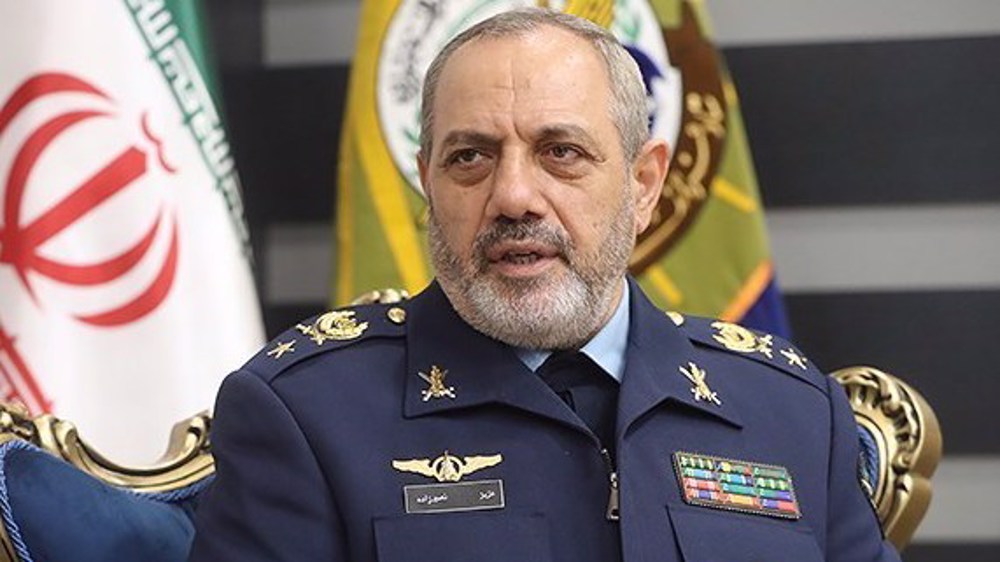
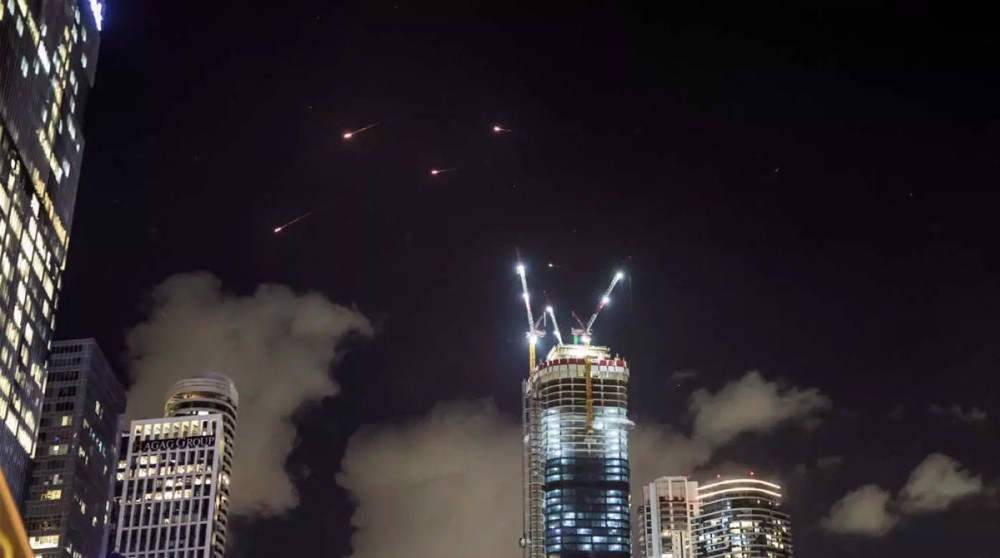

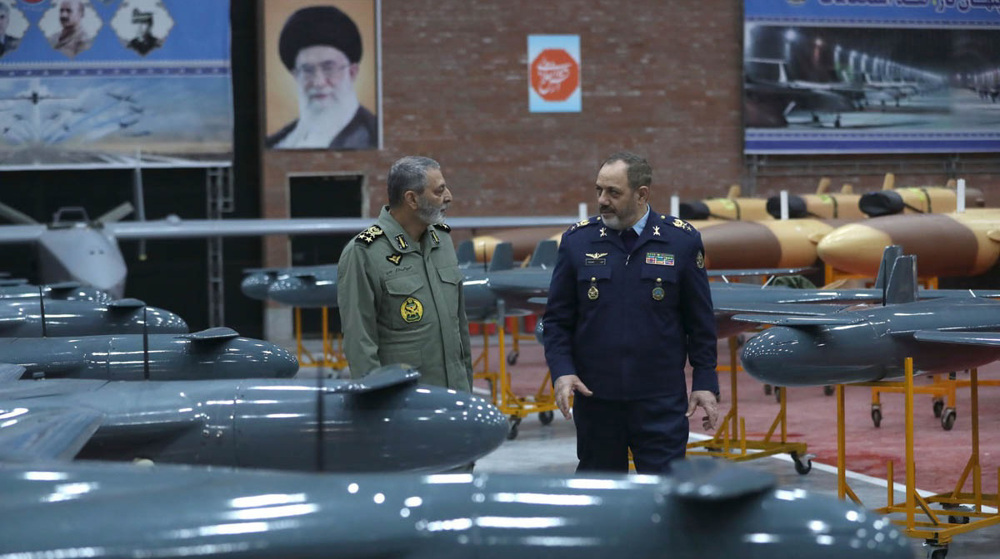
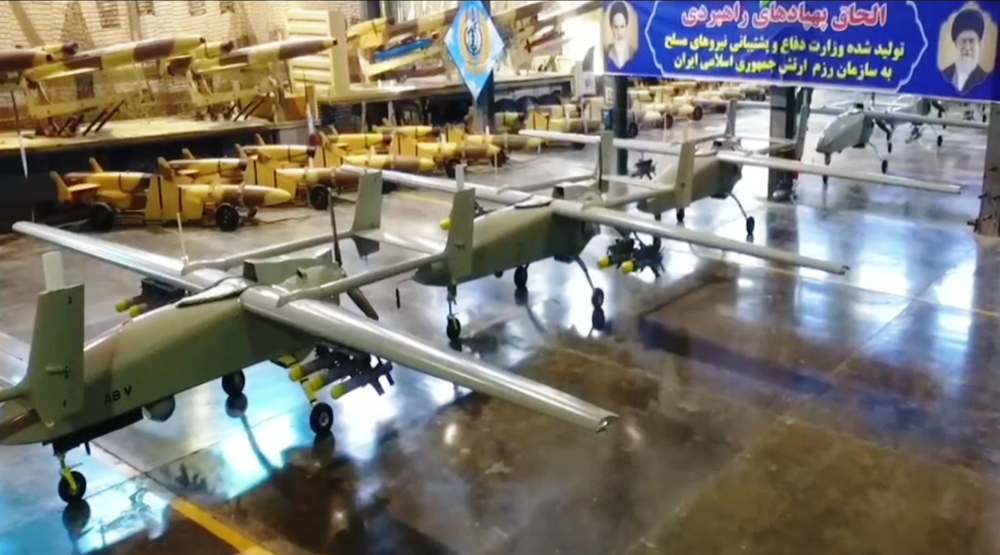



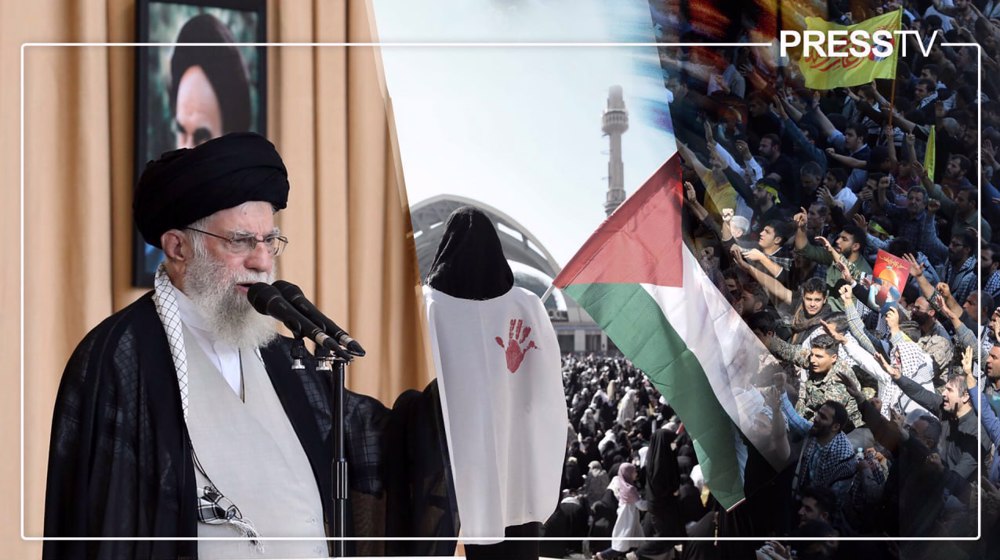
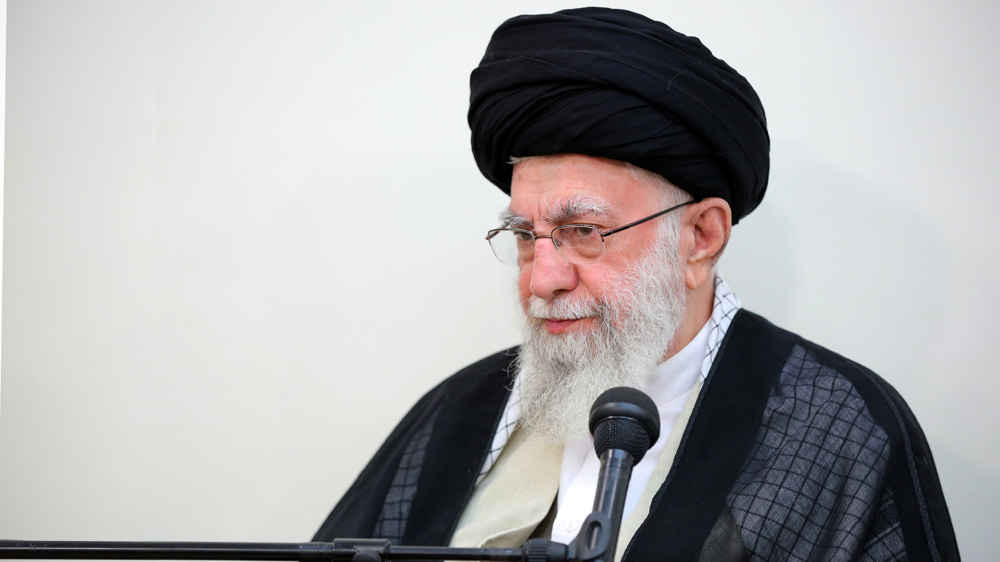
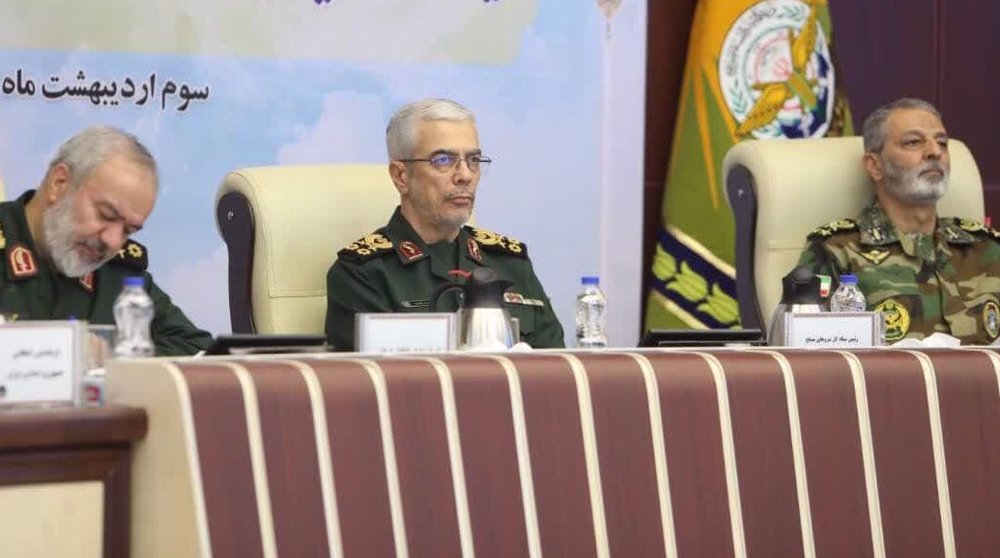

 This makes it easy to access the Press TV website
This makes it easy to access the Press TV website